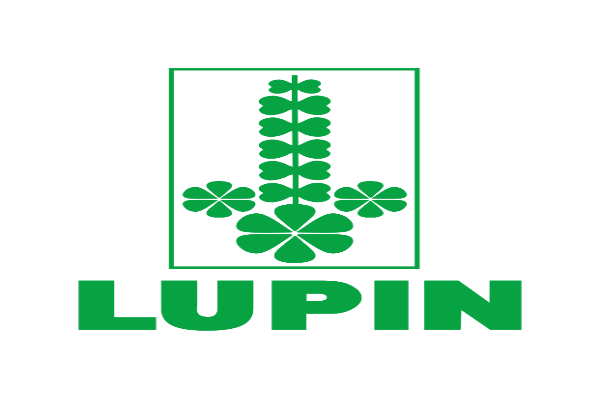Lupin, a world pharmaceutical leader, has made a strategic partnership with Honeywell to drive the advancement of respiratory inhalers based on the next-generation hydrofluoroolefin (HFO) technology. This collaboration has the mission of providing pressurized metered dose inhalers (pMDIs) that offer clinical effectiveness while significantly lowering environmental impact, meeting the global sustainability objectives and changing regulatory needs.
Background and Rationale
-
The pharma sector is coming under growing pressure to minimize the carbon footprint of inhalers, particularly pMDIs, which conventionally employ high global warming potential (GWP) propellants.
-
Regulatory pressures in Europe and the UK are pushing greener alternatives in respiratory therapy.
The Collaboration
-
Lupin and Honeywell are collaborating together to integrate Honeywell's Solstice® Air HFO-1234ze, a low-GWP propellant, into Lupin's inhaler portfolio.
-
Honeywell's Solstice® Air technology has the potential to minimize greenhouse gas emissions from inhaler propellants by as much as 99.9% versus traditional hydrofluorocarbons, without any compromise on inhaler effectiveness.
Impact on Patients and the Environment
-
The action ensures ongoing access to effective asthma and COPD patient treatments via inhalers, especially for those who cannot utilize dry powder inhalers.
-
The new inhalers will reduce the environmental footprint of respiratory treatments by a considerable margin, aligning with Lupin's mission of net-zero emissions by 2045.
Development Timeline and Regulatory Alignment
-
Lupin R&D teams are expediting the development of pMDIs using near-zero GWP propellants, with product development to be completed in 2026 and regulatory submissions to follow.
-
The partnership supports European and UK regulatory expectations for more sustainable healthcare solutions.
Leadership Statements
Vinita Gupta, CEO of Lupin, emphasized the company's commitment to patient-centric and sustainable healthcare innovation, aimed at delivering effective, reliable treatments with minimal environmental footprint.
Experts point out that these innovations are important for environmental sustainability as well as for maintaining the availability of medication among patients who rely on pMDIs.
Sources: Honeywell, Lupin, PharmaTimes
